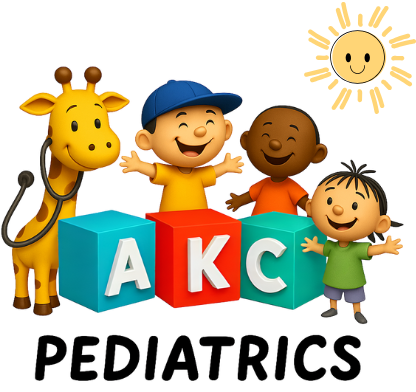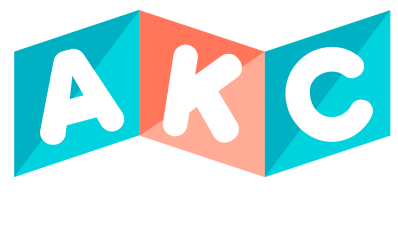As a parent, it’s your responsibility to safeguard your children from diseases until they mature to take that responsibility from you. While you can’t protect them from every disease, you still can protect them from several vaccine-preventable diseases.
Although medical societies urge all children to receive routine vaccinations, not every parent adheres to that. Some have genuine reasons, such as a medical reason not to have one. Others deny it as they don’t trust these vaccinations.
If you’re one of those parents not intending to have your child vaccinated, you must ensure of the potential risks you might put your child into. Also, ensure if you aren’t vaccinating your child, you must know other ways to keep protecting your child from diseases.
Why do Parents Deny Vaccinating Their Children?
We don’t say parents are all wrong for not vaccinating their beloved. But we suggest avoiding the risk of endangering your kid’s life.
Some common reasons why parents avoid vaccinations include:
Why do vaccines when there are no diseases? Vaccines keep diseases away. Even when the disease is over, we still suggest vaccinating until the world has fully recovered from the disease.
Parents have shown their concern for vaccines using a mercury-based preservative called thimerosal. This preservative could be harmful to the body. Still, since July 1999, the Public Health Service (PHS) agencies, the American Academy of Pediatrics (AAP), and vaccine manufacturers have decided to reduce or eliminate thimerosal in vaccines as a precautionary measure.
Vaccines can cause autism. Some parents believe vaccines can cause autism. A report published in 2004 stated no connection between autism and vaccines. Another study concluded after testing 700,000 children that this is no association between the two. The only study that claimed a connection proved fraudulent and has no value.
You Put Your Child’s Health in Danger
If you choose not to vaccinate your kid, be sure you know common diseases kids are prone to getting. Here’s a list of four diseases a child is prone to:
- Measles: It can cause brain that may lead to brain damage or death.
- Mumps: It can cause deafness.
- Meningitis: It may cause hearing loss and brain damage.
- Polio: it may cause paralysis.
Protection against such diseases is crucial since you don’t know who has it or from where the child may get it. You can’t always keep your child at home protected from these diseases. They will go out one day or the other. How do you plan to protect the kid when they are old enough to go out alone?
Parents keep in mind that there is no treatment for these diseases. The only thing we do to safeguard children is a dose of protective vaccination.
You Put Other’s Health at Stake
If you refuse vaccines for your child, you are putting your child in danger and others. The ones more prone to diseases include:
- People with weak immune systems.
- Patients with chronic medical conditions, such as liver, heart, lung, kidney disease, diabetes, or diabetes.
- Newborns with no vaccinations.
- The elderly could be more susceptible to complications caused by illnesses.
Vaccinations don’t ensure protection against diseases but reduce the chances of getting one. It may also boost the immune system to fight against several diseases. More and more people getting vaccinations means a step towards a healthy society.
Other Factors to Consider
Consider factors when you plan not to vaccinate your kid:
- Schools, child care centers, or other educational institutes may refrain your child from sitting with other kids.
- You may endanger your child’s immune system at risk for not having the vaccines. They may become more exposed to many unknown diseases.
- Your child might not get entry to the new country you were planning to visit this summer. And if you do make it to the new country, your child is still exposed to unknown diseases. Similarly, the people over there might also get something they never expected.
We highly suggest you vaccinate your kid and fulfill your responsibilities as a parent.
How to Vaccinate Your Child?
Finally, you decided to vaccinate your kid. Vaccinating your children is easy:
- Ensure you and the baby are in good health before the baby receives a vaccination.
- Follow the schedule. Try not to get late.
- Wear a mask when visiting the vaccination center.
- Wash hands or sanitize before and after getting the vaccination.
- Register and wait for your turn.
- Keep a safe distance from other people.
- Bathe and take your child to bathe to eliminate every germ you might bring from the center.
- Contact the vaccination center or pediatrician if you or your child have complaints after getting the vaccine.
Your kid is a blessing and your responsibility. Don’t engage their health by not vaccinating them properly. Contact your pediatrician if you still have concerns about vaccinations.





